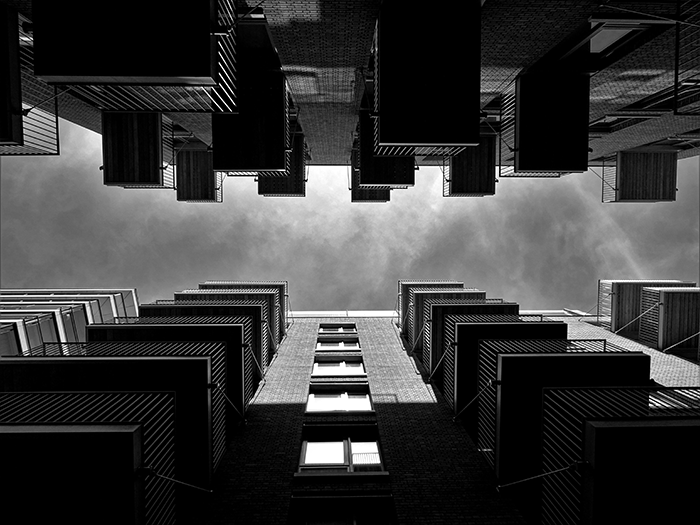Prague will buy hostel in Prague 9 from DPP and develop apartments
Prague City Hall plans to buy a set of five hostels at Skloněná Street in Prague 9 from the Transport Company (DPP) for CZK 115 million. Another similar amount will then be reconstructed into 175 city flats. Adam Zábranský (Pirates) of the City Council for Housing told the press today. According to him, the municipality will leave part of the buildings to Prague 9. He added that the municipality also agreed to limit the hostel in Vršovice so that families with children, for whom the city arranges other housing, cannot live in it.
According to the councilor, the municipality is now finalizing negotiations with the DPP and also with Prague 9 regarding the further use of the complex, which was previously rented from the company by private individuals and operated hostels there. Zábranský added that the Prague deputies should probably approve the buyout in September. After that, the city will start preparing a reconstruction project.
In addition, Prague also plans to purchase accommodation facilities intended for short-term accommodation, for example, of homeless people or employees of key professions. The municipality issued a tender for this, in which, however, it did not find suitable premises. Zábranský said today that he is now agreeing with the city's Trade Center Prague to set up a special department that will monitor the market situation so that the city can react flexibly to new offers.
Zábranský further said that the municipality had agreed with the Railway Administration (SŽ), which owns the building of the Nad Slávií hostel, where a private tenant operates the hostel. According to the councilor, the conditions in the facility are unsatisfactory, including insects, non-functional equipment or accommodated addicts. At the same time, however, half a year ago, 13 families with 26 children lived there, most of whom have already managed to find 10 city flats in cooperation with Prague. The current coalition has made a commitment that no children and seniors will live in the dormitories.
According to the councilor, at the request of the city, the tenant extended the contract for the tenant of the hostel in Vršovice to only about half the capacity and on the condition that no children would live there. In addition, the hostel should be closed in about a year, because the administration plans to repair the building for its own purposes, added Zábranský. According to him, the city has previously acted in the case of the Bílá Skála hostel in Prague 8, where the municipality negotiated similar conditions with the operator in exchange for extending the exemption from building closures.
If the facility is not located in a publicly owned building or there are no other levers, the councilor does not have the power to influence the operation of hostels. At the same time, according to him, they have a role to play. "Hostels are not a suitable environment for anyone, especially for the most vulnerable groups, but on the other hand, it's better than being on the street," he said.
The councilor further stated that in this election period the city rented 57 flats to families from hostels, 24 families from shelters and another 10 flats were rented to families by city districts. In general, according to the councilor, the municipality rented a total of 960 flats in this period, of which, for example, 350 for social purposes, 270 representatives of supported professions and 160 seniors. At the same time, according to him, the city accelerated the repairs of flats, 211 of them were repaired in 2017 and 451 last year. According to the councilor, reconstructions of all long-term unrepaired flats should be completed this year and only those that will be vacated will be repaired.
The municipality has about 7,000 flats, of which about 460 are empty, according to the councilor, and they are gradually being rented out. Another 23,000 flats are managed by the city district, and they decide on their rentals or privatizations themselves. According to an analysis by KPMG from 2018, after 1991, 194,000 flats became the property of Prague, most of which were sold off during privatizations. The shortage of flats and the rise in housing prices is one of the most discussed problems that the metropolis is currently solving.
Source: CTK









